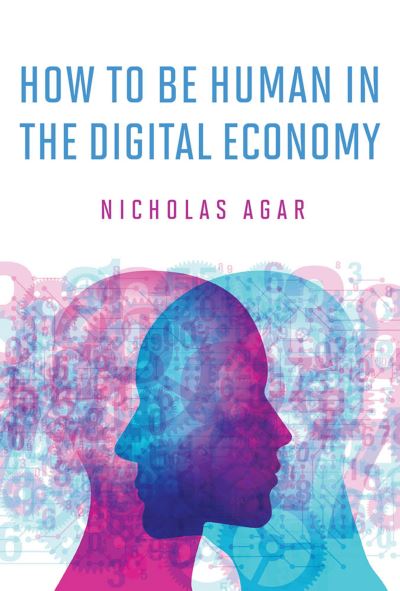
An argument in favor of finding a place for humans (and humanness) in the future digital economy.
In the digital economy, accountants, baristas, and cashiers can be automated out of employment; so can surgeons, airline pilots, and cab drivers. Machines will be able to do these jobs more efficiently, accurately, and inexpensively. But, Nicholas Agar warns in this provocative book, these developments could result in a radically disempowered humanity.
The digital revolution has brought us new gadgets and new things to do with them. The digital revolution also brings the digital economy, with machines capable of doing humans' jobs. Agar explains that developments in artificial intelligence enable computers to take over not just routine tasks but also the kind of "mind work" that previously relied on human intellect, and that this threatens human agency. The solution, Agar argues, is a hybrid social-digital economy. The key value of the digital economy is efficiency. The key value of the social economy is humanness.
A social economy would be centered on connections between human minds. We should reject some digital automation because machines will always be poor substitutes for humans in roles that involve direct contact with other humans. A machine can count out pills and pour out coffee, but we want our nurses and baristas to have minds like ours. In a hybrid social-digital economy, people do the jobs for which feelings matter and machines take on data-intensive work. But humans will have to insist on their relevance in a digital age.
| ISBN: | 9780262038744 |
| Publication date: | 2nd April 2019 |
| Author: | Nicholas Agar |
| Publisher: | The MIT Press |
| Format: | Hardback |
| Pagination: | 232 pages |
| Series: | The MIT Press |
| Genres: |
Impact of science and technology on society Popular philosophy Machine learning |